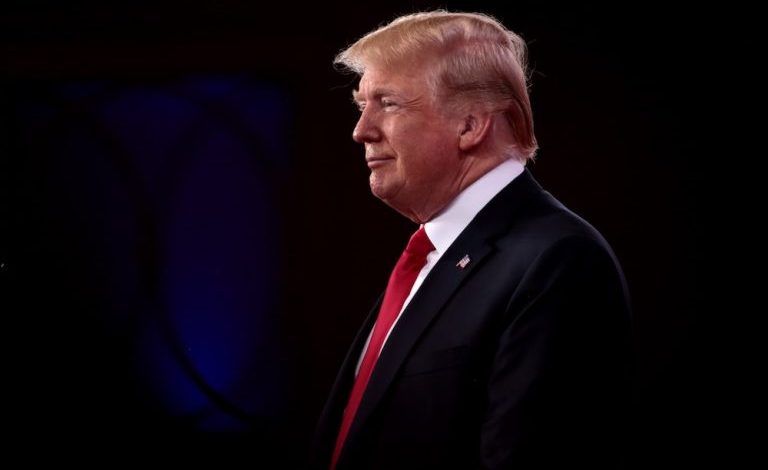Trump Reveals His Strong Stance On Controversial IVF Treatment

Former President Donald Trump has declared his support for in vitro fertilization (IVF) treatments, amidst a contentious legal atmosphere in Alabama. The stance, detailed in a post on Truth Social, showed Trump’s vision for the Republican Party’s role in facilitating the growth of “strong, thriving, healthy American families.”
Trump’s advocacy comes at a pivotal time when Alabama’s legislative and judicial actions have cast a shadow of uncertainty over the future of IVF treatments within the state. Following a controversial Alabama State Supreme Court ruling which deemed frozen embryos as legal children, a legislative quagmire has emerged, affecting countless families relying on IVF as a means to conceive.
The court’s decision, affecting three couples involved in litigation against a fertility clinic for the loss of their embryos, has broader implications.
“Under my leadership, the Republican Party will always support the creation of strong, thriving, healthy American families,” wrote Trump. “We want to make it easier for mothers and fathers to have babies, not harder! That includes supporting the availability of fertility treatments like IVF in every State in America.”
“IVF is an important part of that, and our Great Republican Party will always be with you, in your quest, for the ULTIMATE JOY IN LIFE!” the former president finished. Major fertility clinics in the state have temporarily ceased IVF treatments, leaving many families in a state of limbo.
This week the Supreme Court of Alabama issued a pivotal decision declaring that under state law, frozen embryos may be recognized as children. The verdict, reached by a majority of 7-2, faced backlash from several entities including the White House and the American Society for Reproductive Medicine.
The decision emerged from a case brought by three couples against a fertility clinic following the destruction of their frozen embryos. The court ruled that parents can pursue legal action for the death of a child, whether born or unborn, without excluding “children outside the womb” from the act’s scope.
The judgment significantly impacts fertility treatments in Alabama, especially IVF, wherein eggs are fertilized outside the human body with the embryos potentially being frozen for future use.
The decision’s critics argue it could complicate reproductive healthcare considerably, affecting the quality of care at Alabama’s fertility clinics, raising IVF costs, and possibly leading to clinic closures or the relocation of fertility specialists. This may render IVF and other fertility treatments less accessible to many in Alabama.
There are also concerns about the legal implications for embryos and the possible criminalization of natural occurrences such as the failure of an embryo to develop in the womb. Some fear this could be classified as wrongful death, manslaughter, or even murder under the new legal stance.
The Medical Association of the State of Alabama has cautioned about the adverse effects on IVF treatment, highlighting the risk of increased wrongful death liability potentially raising IVF costs or causing fertility clinic closures. The ruling is part of a trend toward recognizing fetal personhood, a movement that has gained traction since the overturning of Roe v. Wade in 2022.


